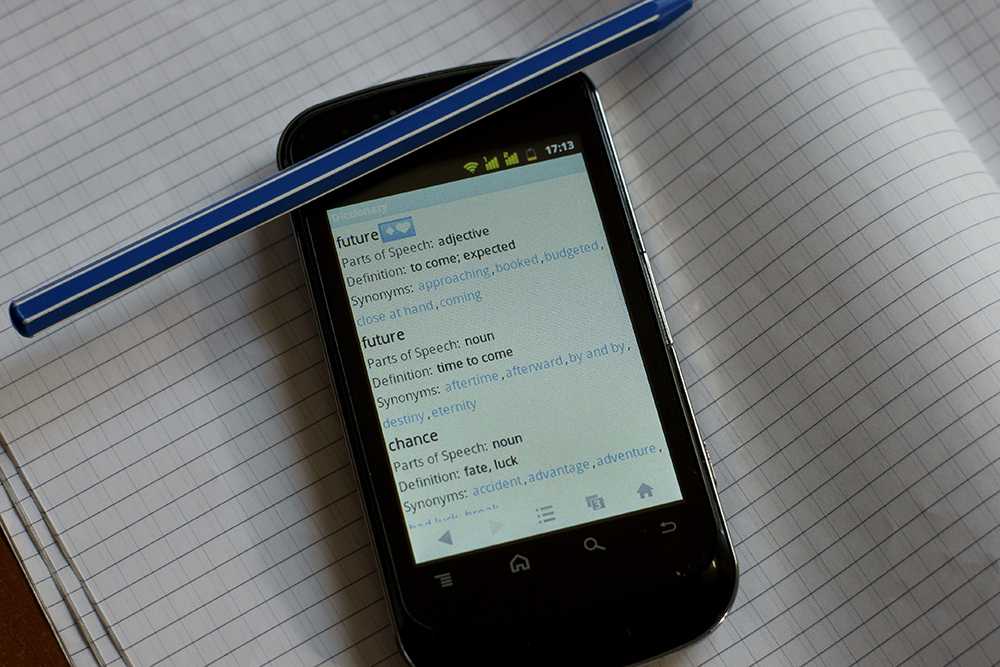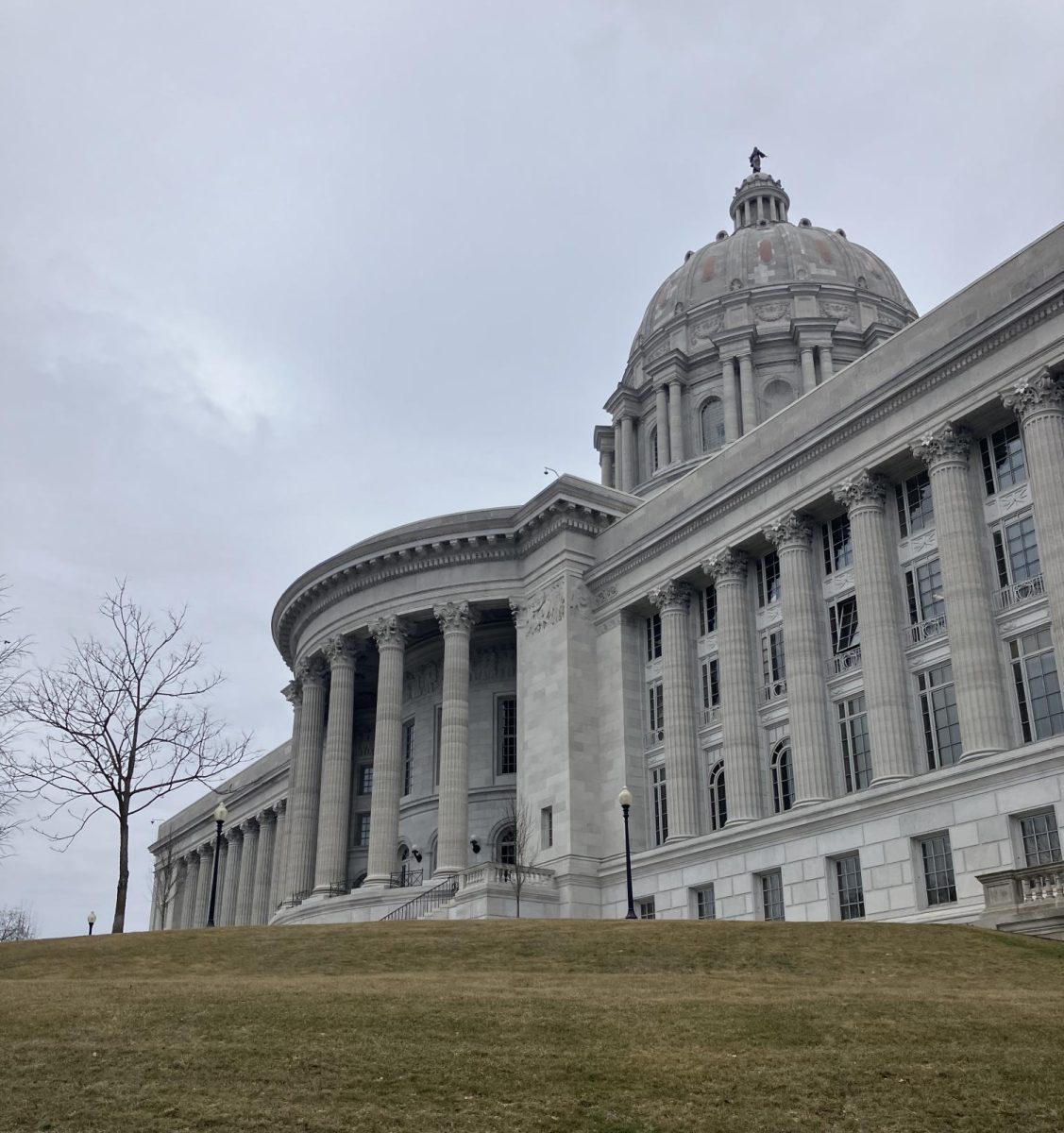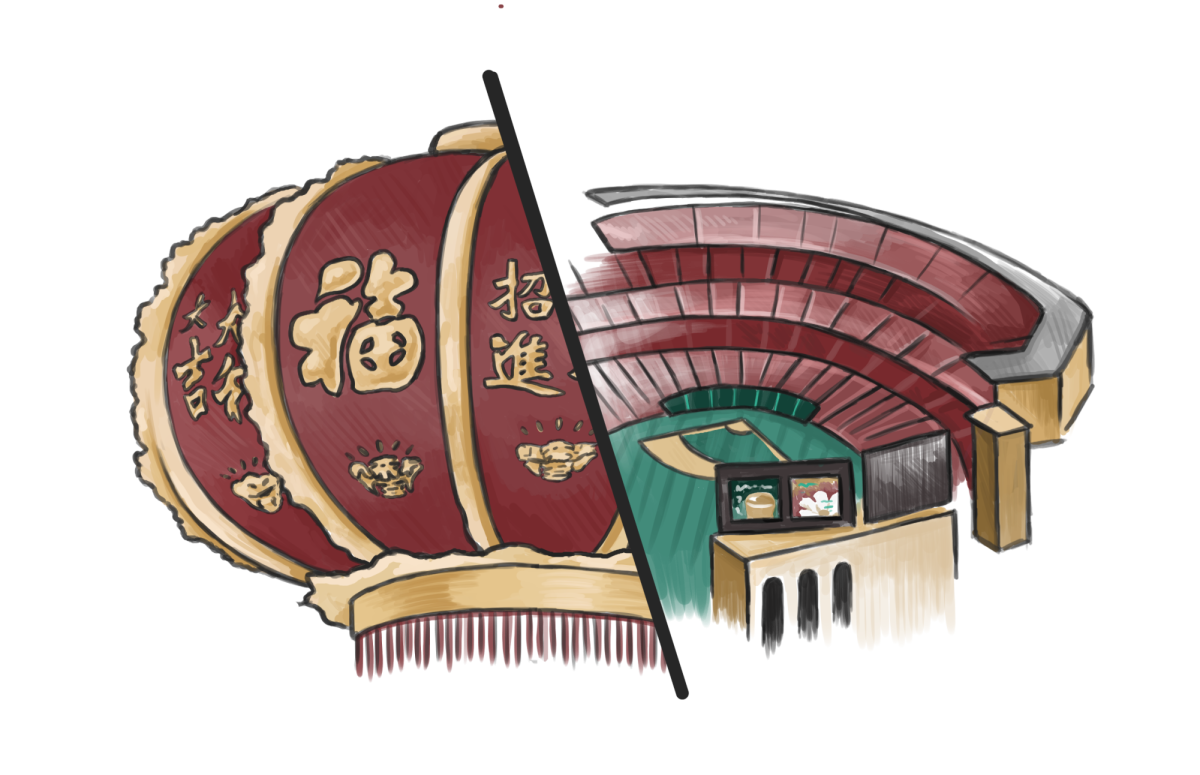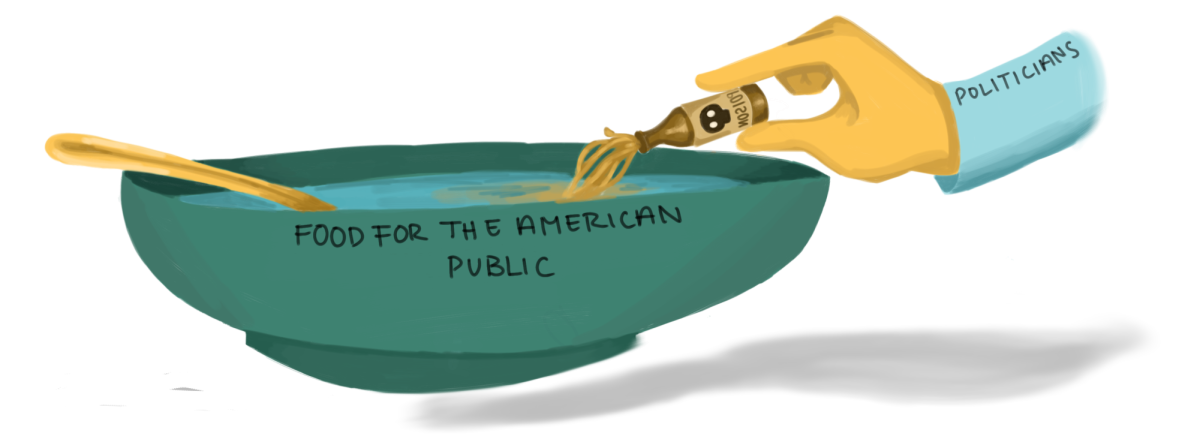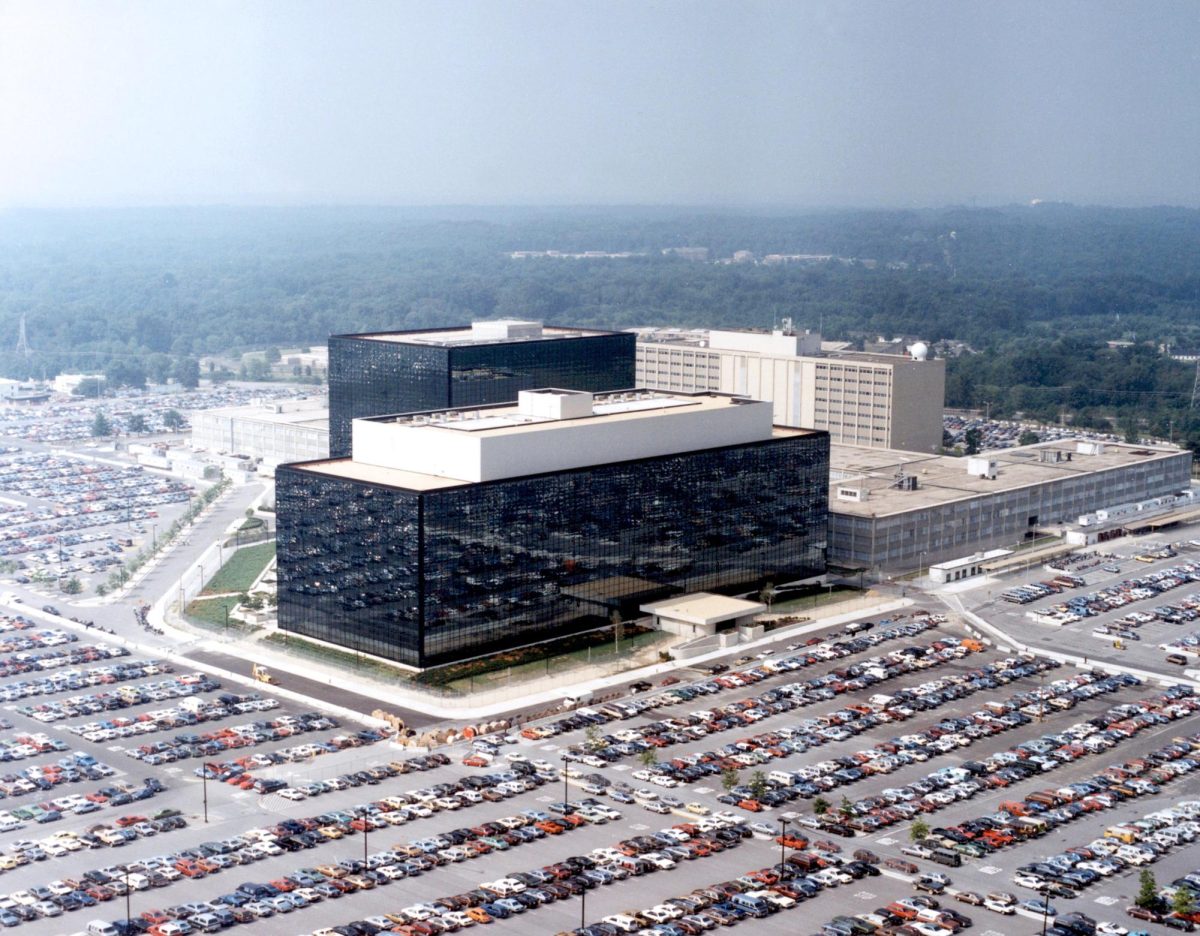As most people know, the National Security Agency (NSA) has been involved in a spying scandal that has caused both Americans and foreign countries to grow suspicious of government surveillance from the United States. Ever since Edward Snowden leaked classified documents to the Guardian and the Washington Post, news stations have highlighted the issue, claiming that it’s time to take a harder look at the delicate balance between national security and individual privacy. Despite President Obama’s proposed changes to the NSA – which include “increased limits on access to bulk telephone data, privacy safeguards for foreigners, and the creation of a public advocate to represent privacy concerns at a secret intelligence court” (CNN) – the truth is that phone calls will still be collected by the government.
It would be easy to argue about this topic. Some people would argue that the NSA’s methods, while not ideal, are the best way to prevent terrorist attacks and protect the nation’s interests. Others would agree with Benjamin Franklin, who claimed that “those who would give up liberty for safety deserve neither liberty nor safety.” But honestly, Ladue students shouldn’t be concerned about the NSA’s security measures; the agency cares about stopping terrorist attacks more than the insignificant details of high school students’ lives. In short, a government worker is not personally reading every single one of your texts and learning about what you did on Friday night.
But we live in a digital society where a loss of privacy is inevitable. Phone calls, text messages, and even Snapchats are readily accessible to anyone who wants to get them. If you believe that text messages can be permanently deleted from your phone or that Snapchats cannot be viewed for more than ten seconds, you are sadly mistaken. There are apps to retrieve every embarrassing photo or message you’ve ever sent or received; security breaches are routine on cellular devices. This isn’t meant to inspire panic, but it is intended to provide a warning. Nothing you do on your phone is a secret. If you wouldn’t want your phone handed to a random person on the street, then you should probably reconsider how you are using it.
I’m just saying.


